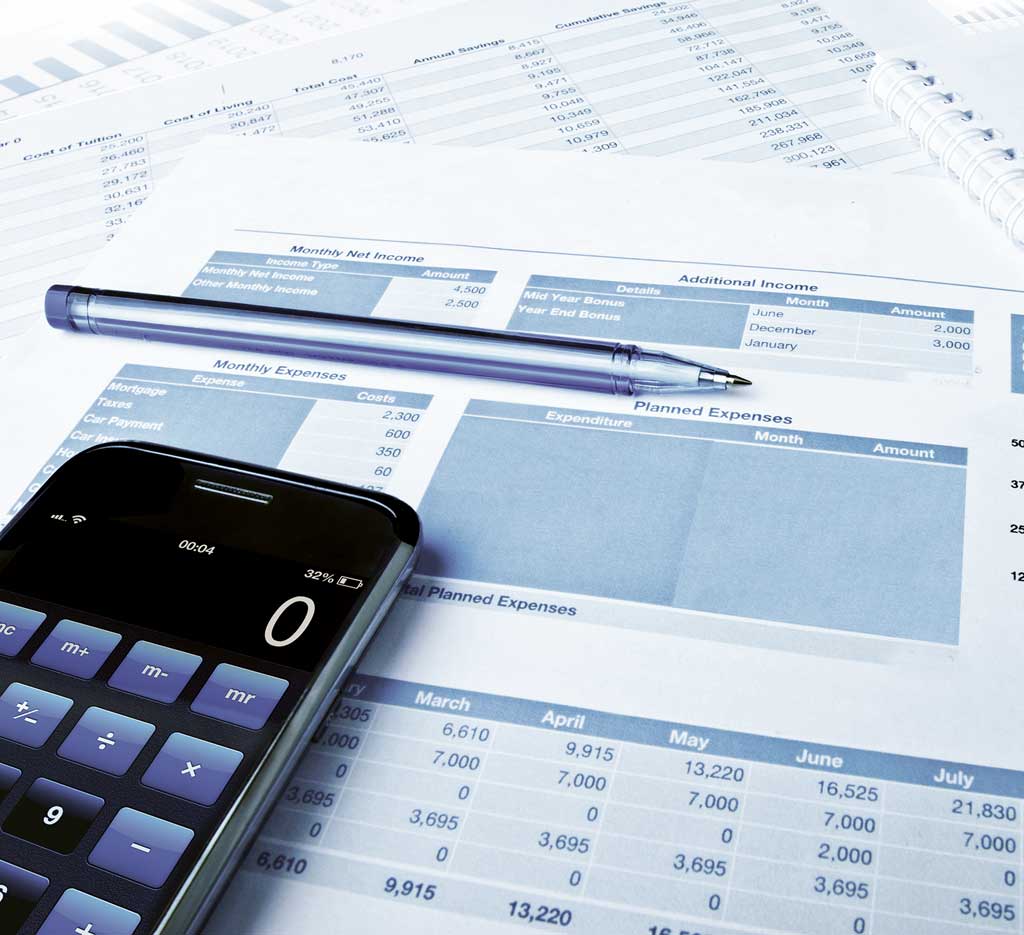SOUTH BRUNSWICK – The South Brunswick Public School District Board of Education has adopted a $153.14 million budget to fund the operation of the school district from July 1, 2020, through June 30, 2021.
South Brunswick’s residential and commercial property owners will pay a total of $120.7 million in a local tax levy to support the operation of the school district.
The school tax rate is projected to be $3.02 per $100 of assessed valuation. The average home in the township is assessed at $196,000. The owner of that home will pay $5,919 in school taxes during the upcoming year.
The school district’s 2019-20 budget totaled $151.74 million and was supported in part by a $118.21 million tax levy. The school tax rate was $3.041 per $100 of assessed valuation. The average home was assessed at $196,000. The owner of that home paid $5,960 in school taxes.
From 2019-20 to 2020-21, total appropriations are up $1.4 million and the tax levy is up $2.49 million.
The 2020-21 budget was adopted during a meeting on May 4 and Superintendent of Schools Scott Feder said it has “a lot more unknowns” than what was initially expected.
“To say we are in unprecedented times is just passe at this point. We are facing a mountain and we have a skateboard to get up. It is just a monumental undertaking as to what we are planning right now related to the finances of the district,” Feder said.
On March 2, when Feder initially spoke about the budget, he discussed his concerns regarding administrative cuts, increased costs for programming, transportation changes and a reduction of kindergarten offerings.
Feder said the state aid figure for 2020-21 that was presented by Gov. Phil Murphy during his budget address in February could be moot given the financial realities the state is now facing as a result of the 2020 coronavirus pandemic.
The state’s fiscal year has been extended through September and Murphy is expected to provide a subsequent budget address in late summer. Administrators in some school districts in the region have indicated their districts could receive less state aid for 2020-21 than what was promised in February.
In 2018-19, South Brunswick received $24.9 million in state aid. The district’s state aid has been reduced to $21.7 million for this cycle and is expected to be reduced to $16.2 million by the 2023-24 school year under the terms of a 2018 state law known as S-2 which determines how much aid is distributed to New Jersey’s school districts.
“We hope (S-2) will change, but right now we are operating under that guide,” Feder said.
Other financial concerns include a new healthcare bill on the horizon; revenue loss from the summer institute, community education and facility rentals to contend with; the unknown cost of supplies related to the pandemic; the unknown cost of food services, especially since the district is providing free meals throughout the week; the loss of revenue from pay-to-participate sports; and not knowing if the district will receive stimulus funds from the federal government.
The per pupil cost is expected to decrease from $14,676 in 2019-20 to $13,964 in 2020-21, according to Feder. The district’s enrollment on Oct. 15, 2018, was 8,590 students. The enrollment on Oct. 15, 2019, was 8,470 students. The projected enrollment for Oct. 15, 2020, is 8,907 students.
Feder said administrators can look for revenue-generating programs, review every budget line, seek grants, review vendor partnerships and ensure fees that are being charged are competitive.
“It’s a tremendous amount of work. It’s a large undertaking … everybody looking at the best way we can manage the money,” the superintendent said.
In the short-term, Feder said, administrators will have to increase the fee structure, either stop or not start programs, tighten every line and reduce resources.
In two to three years, administrators will have to cut about $10 million, which Feder said could lead to a massive staff reduction, program shutdowns, the reduction or elimination of services, and an increased fee structure.
Four years from now and beyond that date, “We cannot provide the education the law says we must. The education will happen, but the choices will be less. … Not lesser quality, but less options,” the superintendent said.
In a bid to avoid the impact of S-2, Feder said administrators have been lobbying and contacting state legislators. He said South Brunswick has joined 100 other districts as part of Save Our Schools, which has been fighting the state for two years.
Feder said as a last resort, the possibility exists of moving the annual election for school board members from November back to April.
Switching the date of the election would give the school board the option to budget over the 2% tax levy cap and once again give residents a vote on the annual school budget, Feder said.
Moving the election back to April would also mean the school board would have to pay for the election. When the election for school board members is held in November, Middlesex County pays for the election, he said. And, board members expressed concerns about low voter turnout in April.
A video of Feder’s budget presentation is available at sbschools.org
Contact Jennifer Amato at [email protected].

